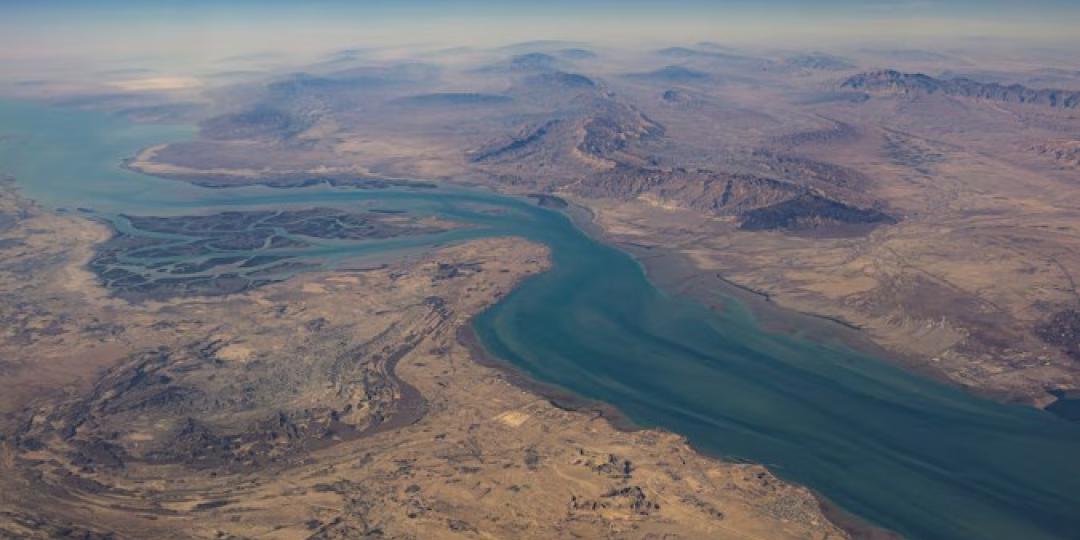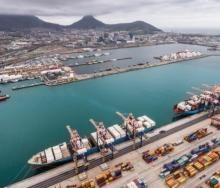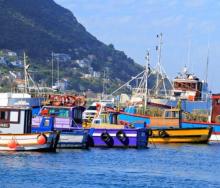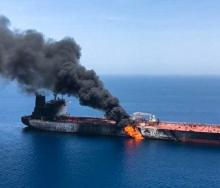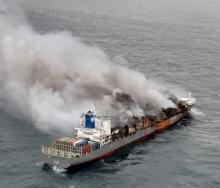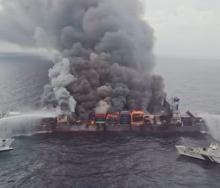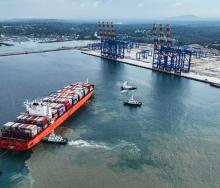It wouldn’t be accurate to say that “sanity is prevailing” in the Middle East, especially since the current ceasefire was ‘negotiated’ by the profanity-spouting president of the United States – the same country that took the world to the brink last weekend.
And yet it would also not be inaccurate, considering the tension that gripped oil-crucial waterways like the Strait of Hormuz.
That tension has unfortunately not abated, even though Tel Aviv and Tehran have stopped firing missiles at one another, at least for now.
One only has to look at the deliberate distortion of vessel messaging coming out of the region to realise that sailing between the Persian Gulf and the Gulf of Oman is far from a sane situation.
This morning, June 27, Reuters reported that vessels transiting near Hormuz had begun broadcasting atypical messages, masking identification in an apparent attempt to avoid being targeted.
This is according to maritime risk analytics firm Windward and ship-tracking data released on Thursday.
These broadcasts have been observed since hostilities between Israel and Iran flared earlier this month, prompting the US to carry out strikes on Iranian nuclear facilities.
Although a ceasefire was brokered by President Donald Trump after 12 days of conflict, the maritime threat level remains high, the Joint Maritime Information Centre (JMIC) reported.
“There is a perception among shipowners that, given the complex nature of maritime logistics, it is often difficult to trace ownership and thus identify links to nationalities considered at greater risk — notably the UK, US and Israel,” said Ami Daniel, chief executive of Windward.
Between June 12 and 24, Windward recorded 55 vessels transmitting a total of 101 irregular messages across the Gulf and Red Sea. These included statements such as “China owned” and “Russian crude”, seemingly aimed at reducing the likelihood of being attacked, as ships associated with those nations are viewed as less likely targets compared to their Western counterparts.
Commercial shipping activity surged by 30% on June 24 — the day following the ceasefire — according to the JMIC. Approximately 20% of global oil and fuel consumption passes through the Strait of Hormuz, making it a strategic maritime chokepoint.
Ordinarily, vessels transmit their destination, or simply state “For orders”. Some also broadcast messages like “Armed guards on board” as a deterrent to piracy or hostile acts. However, Windward’s Daniel noted that unusual nationality-related messages had been almost exclusively seen in the Red Sea prior to June 12 — a region that has experienced repeated attacks by Houthi rebels since the onset of the Israel-Gaza conflict.
“I’ve never observed this happening in the Persian Gulf before,” Daniel added.
On Thursday, the Panama-flagged container ship Yuan Xiang Fa Zhan, en route to Pakistan, was broadcasting “PKKHI all Chinese” as it transited the Strait of Hormuz, according to data from LSEG.
Similarly, the China-flagged supertanker Yuan Yang Hu, carrying crude oil from Saudi Arabia to China, was broadcasting “Chinese ship” during its crossing of the Strait. After passing through, the vessel’s signal changed to “CN NBG”, referencing China’s Port of Ningbo-Zhoushan.
In the Red Sea, the Singapore-flagged container vessel Kota Cabar transmitted a message stating “Vsl no link Israel” as it made its passage.
The JMIC has also issued warnings about electronic interference in the region, which has been affecting the Global Navigation Satellite System (GNSS). Disruption of GNSS can lead to navigational errors, increasing the risk of collision with other vessels or maritime hazards. – SOURCE: Reuters
See related report: “Strait of Hormuz GPS jamming raises alarm.”
